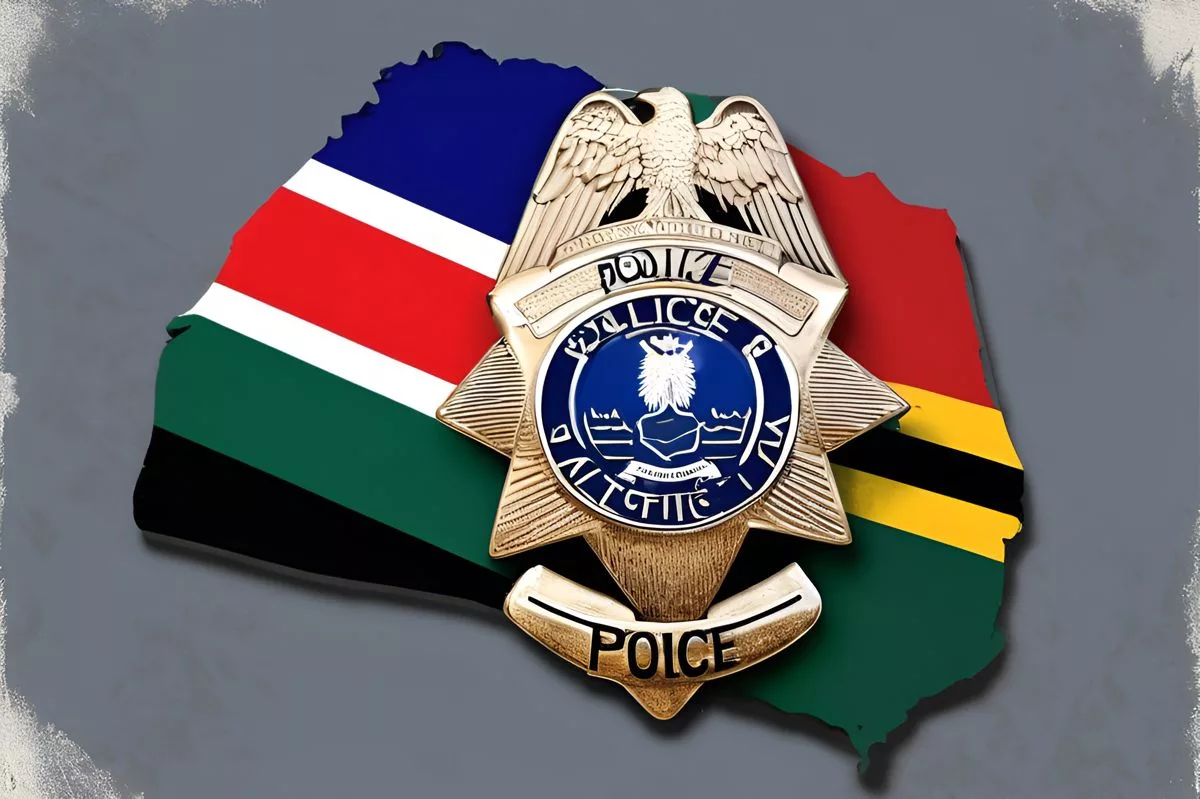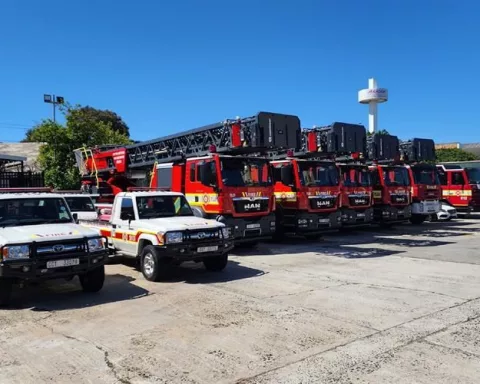The South African Police Service (SAPS) has commenced its Project 10,000 initiative, aiming to recruit 10,000 new police officers by 2025 in response to public safety concerns. The selection process ensures fairness and equality, and new recruits will be deployed strategically in high-crime areas to improve response times and foster better community relationships. This initiative is a shining beacon representing transformation and a commitment to a safer South Africa.
What is Project 10,000 and why is it significant for SAPS?
Project 10,000 is an initiative by the South African Police Service to recruit 10,000 new police officers by 2025 in response to increasing concerns about public safety. The comprehensive selection process ensures fairness and equality in recruitment, and the strategic deployment of new recruits in high-crime areas is expected to improve response times and foster better relationships with the community. Project 10,000 is a shining beacon symbolizing transformation and a commitment to a safer South Africa.
Section 1: A Bold Response to Public Safety Concerns
In a time when societal pressures often transform into concerns about public safety, the South African Police Service (SAPS) has boldly stepped forward. The department recently revealed the successful conclusion of its recruitment and selection process, welcoming the first batch of 10,000 recruits for the 2024/2025 fiscal year. This achievement signifies a prompt reaction to the increasing call for enhanced policing abilities, showcasing the broader governmental pledge to public safety.
On April 22nd, 2024, the first group of 4,500 trainees embarks on their path at multiple SAPS academies. Drawn from an impressive pool of over a million applicants, this influx of new recruits marks the commencement of Project 10,000. This significant initiative corresponds directly to President Cyril Ramaphosa’s call three years ago for heightened police personnel strength to combat crime.
Project 10,000 is more than just a numerical goal, it is a shining beacon symbolizing transformation, a vision for a safer South Africa, and a palpable commitment to the nation’s wellbeing. The venture captures the quintessence of public service, mirroring SAPS’s determination and commitment to confront public safety issues directly.
Section 2: Upholding Fairness and Equality in Selection
The comprehensive selection procedure strived to secure the most fitting candidates who fulfilled all the basic criteria, encapsulating the core of SAPS’s principles. The department has portrayed its dedication to ensuring that selection is based solely on merit, free from bias, favoritism, or prejudice. This approach highlights SAPS’s commitment to upholding the principles of fairness and equality, fundamental to the spirit of South Africa’s Constitution.
In January 2025, the second group of 5,500 recruits will begin their training, further bolstering SAPS’s personnel strength. This phased method allows SAPS to continuously fine-tune its training program, incorporating insights gained from one group to the next. It demonstrates the department’s commitment to continuous improvement, an essential component for effective law enforcement in the ever-changing public safety landscape.
Section 3: Enhancing Police Presence and Relationships
Upon completing the Basic Police Development Learning Programme (BPDLP), the newly trained constables will strengthen policing capacities at high-crime stations, detective units, and specialized units such as Public Order Policing (POPs), aligning with the department’s focus on high-impact areas.
The strategic deployment carries several benefits. Firstly, it will heighten police presence in crime-prone areas, serving as a preventive measure to potential criminals. Secondly, it will boost response times, allowing more swift intervention in evolving criminal situations. Finally, it will foster improved relationships between the community and police, which are critical for proactive crime prevention.
Section 4: Building Upon Success and Looking Forward
Over the last two years, SAPS successfully trained and deployed 20,000 police officers to stations and units, thereby enhancing their efforts to deter and combat crime. This impressive accomplishment showcases the department’s ability to manage large-scale initiatives and lays a sturdy foundation upon which Project 10,000 can build.
As the new recruits gear up for this transformative journey, they are indeed bearing the burden of expectation. The triumph of Project 10,000 lies not just in recruiting large numbers but also in the recruits’ ability to convert their training into effective policing. Ultimately, their performance will serve as the prime indicator of this ambitious initiative’s success.
However, the responsibilities and challenges that accompany the police uniform also come with the promise of personal growth and career progression. The experience will challenge their resilience, shape their character, and endow them with invaluable skills and knowledge. As they stand on the threshold of this new chapter, they do so with the full support and best wishes of the SAPS management, ready to contribute to a safer South Africa.
The initiation of training for the first batch of recruits signifies a crucial juncture in SAPS’s history. It symbolizes a unwavering commitment to enhancing public safety and a dedication to service that goes beyond the call of duty. Project 10,000 emphasizes the department’s determination to face the challenges of the future, armed with the strength of its personnel and the power of its vision.
1. What is Project 10,000 and why is it significant for SAPS?
Project 10,000 is an initiative by the South African Police Service to recruit 10,000 new police officers by 2025 in response to increasing concerns about public safety. The comprehensive selection process ensures fairness and equality in recruitment, and the strategic deployment of new recruits in high-crime areas is expected to improve response times and foster better relationships with the community. Project 10,000 is a shining beacon symbolizing transformation and a commitment to a safer South Africa.
2. How does SAPS ensure fairness and equality in the selection process for Project 10,000?
SAPS ensures that the selection process is based solely on merit, free from bias, favoritism, or prejudice. The department is committed to upholding the principles of fairness and equality, fundamental to the spirit of South Africa’s Constitution.
3. What are the benefits of the strategic deployment of new recruits in high-crime areas?
The strategic deployment of new recruits in high-crime areas will heighten police presence in crime-prone areas, serve as a preventive measure to potential criminals, boost response times, and foster improved relationships between the community and police, which are critical for proactive crime prevention.
4. How does SAPS plan to continuously improve its training program?
SAPS plans to continuously improve its training program by incorporating insights gained from one group of recruits to the next. This phased method allows SAPS to fine-tune its training program, demonstrating the department’s commitment to continuous improvement, an essential component for effective law enforcement in the ever-changing public safety landscape.
5. How does the success of Project 10,000 depend on the performance of the new recruits?
The success of Project 10,000 lies not just in recruiting large numbers but also in the new recruits’ ability to convert their training into effective policing. Ultimately, their performance will serve as the prime indicator of this ambitious initiative’s success.
6. What are the personal and professional benefits of joining Project 10,000 as a new recruit?
Joining Project 10,000 as a new recruit comes with the promise of personal growth and career progression. The experience will challenge their resilience, shape their character, and endow them with invaluable skills and knowledge. As they stand on the threshold of this new chapter, they do so with the full support and best wishes of the SAPS management, ready to contribute to a safer South Africa.












